Question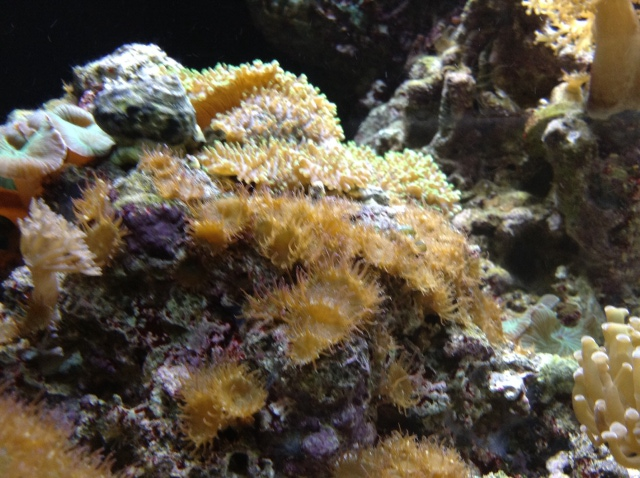 Invasive anemone
Invasive anemone
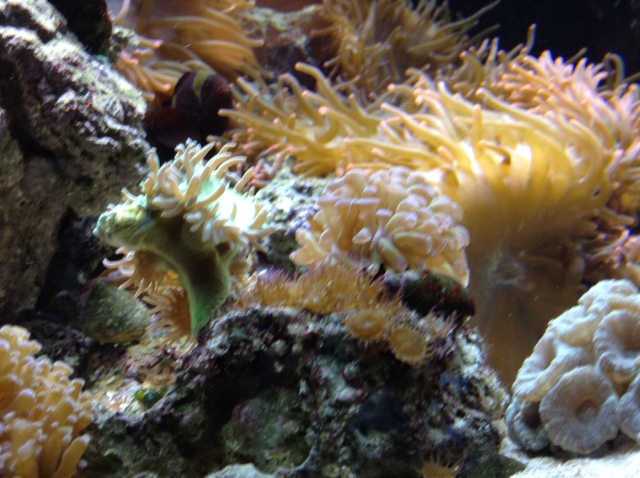 Junk anemone
Junk anemone
QUESTION: Our 150gal tank is a combination reef and fish. We 'get away' with this because we have excessive filtration. The system cycles 500 gals per hour. Recently we solved an aptasias problem using nude ranches and a file fish- all gone now but we have a new invader that the locals are calling Navajo anemones but I can't find anything on these and no one around here has figured out what eats them. We live in the Chicago area. I have attached pictures.
ANSWER: From your images, it appears to be (Glass Anemones).
A good fish that will eventually eradicate them all when given enough time is the (Copperband Butterfly).
Btw you have a beautiful reef aquarium.
I wish you the best of luck with all your saltwater aquarium endeavors!
Regards,
David
All Experts Editor www.allexperts.com
OCReef Director www.ocreef.com
---------- FOLLOW-UP ----------
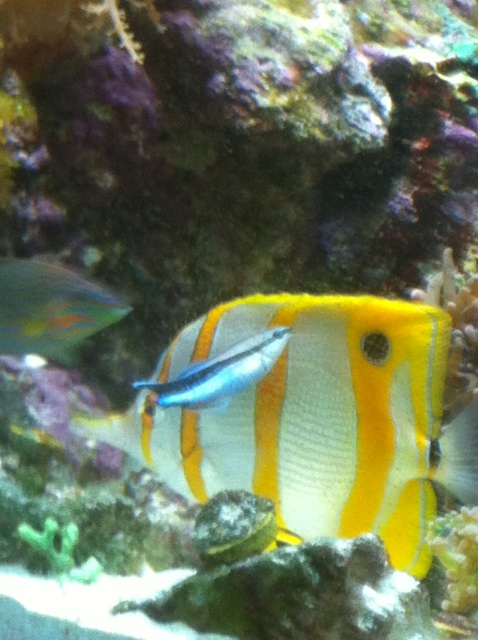 Copperband butterfly
Copperband butterfly 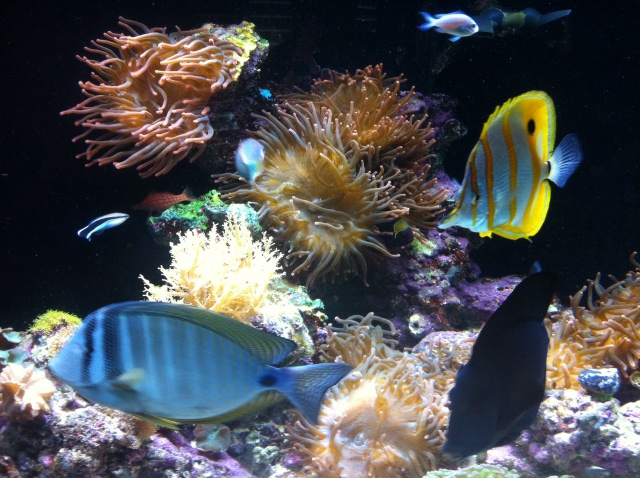 More fish
More fish
QUESTION: Thank you David. Here is a picture of our copper and butterfly. We have had him for 5 years now. I think it likes the other food too much. Is there anything else that might eat them? How much will the biology of the tank change if I remove several live rocks?
AnswerHi Marge:
In a well established aquarium removing some of the live rock won't change the biology significantly, if any.
You could always replace these pieces of live rock with some new cured pieces of live rock.
You could also try cutting back on the amount of food that you're feeding the copper band, so he'll start eradicating these hitch-hiker anemones. Copper bands will eat almost all species of these hitch-hiker anemones, including: aiptasia, glass, and navajo. These hitch-hiker anemones come in varying sizes and colors. The difference in appearance of these hitch-hiker anemones is determined by what ocean they are indigenous too. Indo-Pacific ocean species will look slightly different than Atlantic ocean species.
Take care.





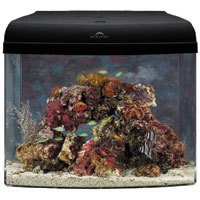 pearly jawfish
QuestionQUESTION: i just added a very small pearly jawf
pearly jawfish
QuestionQUESTION: i just added a very small pearly jawf
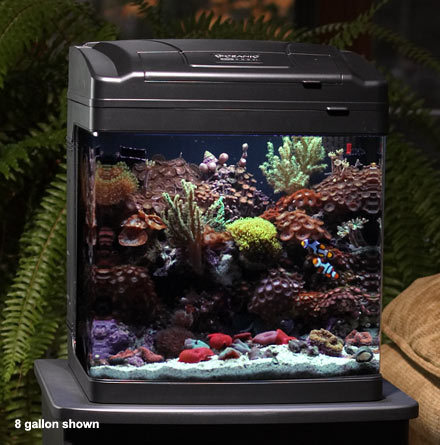 biocube 8
Questionive been trying to get some questions answe and
biocube 8
Questionive been trying to get some questions answe and
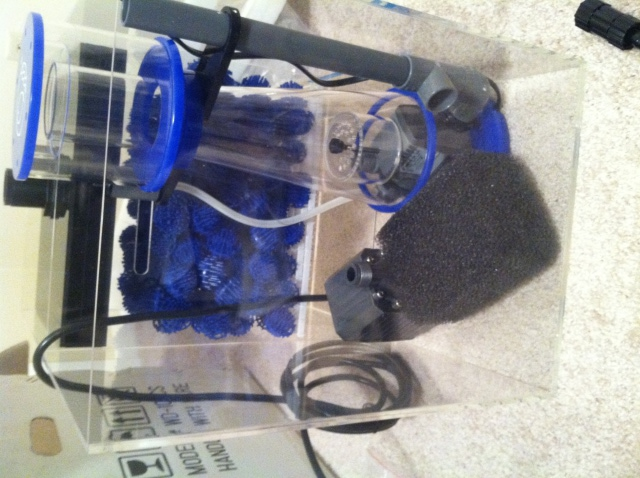 Equipment help for 75 gallon
Question
Sump Tank
Eshopps wd-100cs sump
E
Equipment help for 75 gallon
Question
Sump Tank
Eshopps wd-100cs sump
E
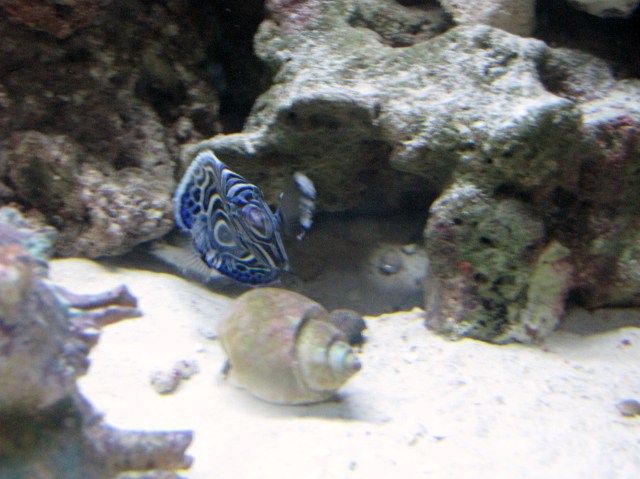 another question
Questionangel
QUESTION: Another question, this i
another question
Questionangel
QUESTION: Another question, this i
 Aquarium Lighting
QuestionHello,
I am setting up a 65g saltwater aquarium
Aquarium Lighting
QuestionHello,
I am setting up a 65g saltwater aquarium